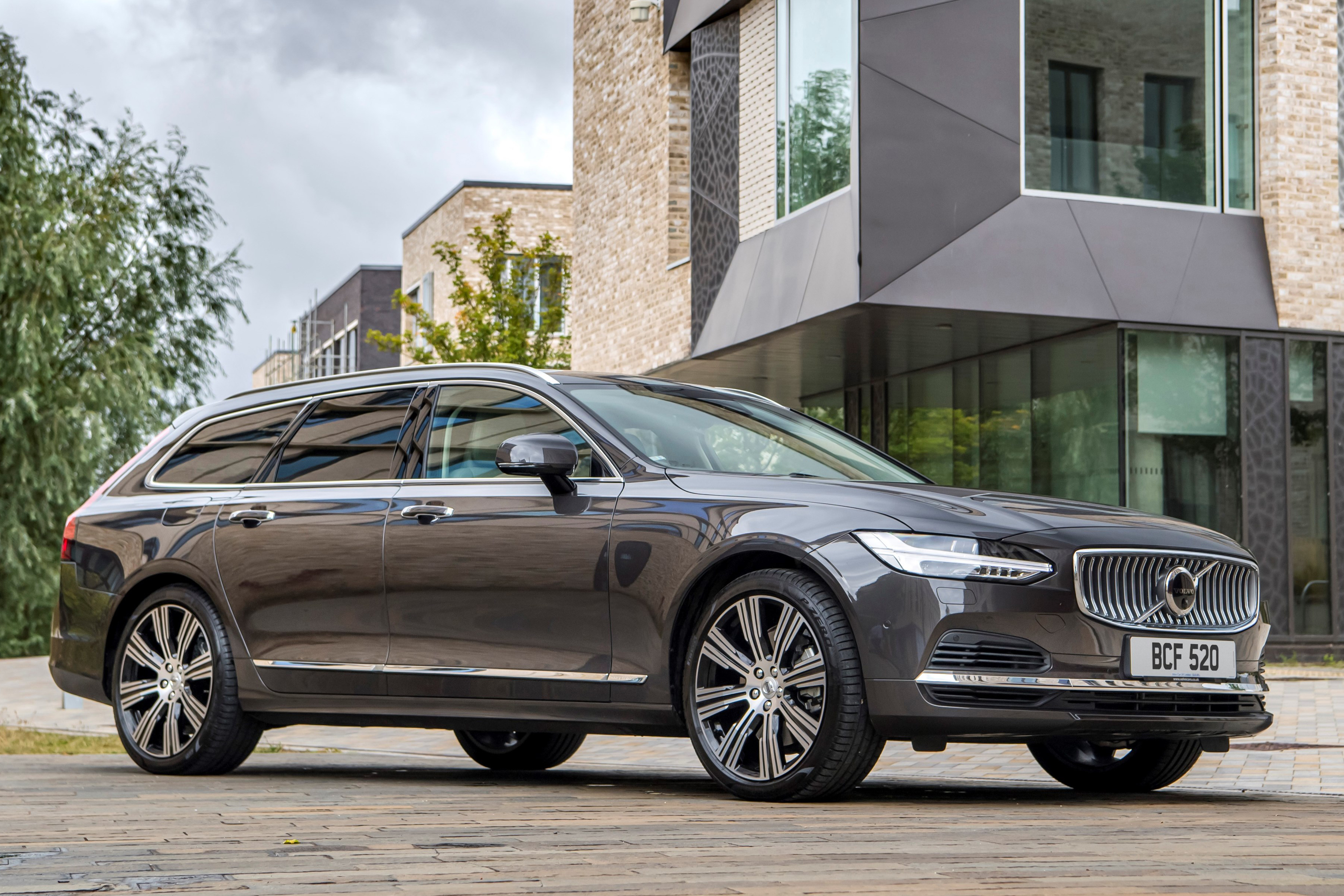
Estate cars, also known as station wagons, have long been a popular choice for drivers who want the practicality of an SUV but the comfort and driving dynamics of a traditional car. With their extended rear cargo area, estate cars provide ample boot space, versatile seating, and smooth handling — perfect for families, business travelers, and outdoor enthusiasts.
In this guide, we’ll explore estate cars in detail: their benefits, key features, popular models in 2025, buying tips, and why they remain a top choice for many drivers.
What is an Estate Car?
An estate car is essentially a hatchback or saloon car with an extended roofline and rear cargo space. This design maximizes storage without compromising passenger comfort. Unlike SUVs, estate cars sit lower to the ground, offering better aerodynamics, fuel efficiency, and handling.
Estate cars are especially popular in Europe and the UK, where drivers value spacious yet fuel-efficient vehicles for long journeys and family use.
Benefits of Estate Cars
1. Spacious Boot Area
Estate cars are renowned for their large cargo capacity. With rear seats folded, they often rival SUVs for luggage space, making them ideal for holidays, sports equipment, or business deliveries.
2. Versatility
The combination of five-passenger seating and flexible storage makes estate cars suitable for both daily commutes and long-distance travel.
3. Lower Running Costs
Compared to SUVs, estate cars are lighter, more fuel-efficient, and cheaper to insure while still offering similar practicality.
4. Driving Comfort
Their car-like structure provides smoother handling and ride quality compared to taller, heavier SUVs.
5. Style and Aerodynamics
Modern estate cars feature sleek designs with roof rails, sporty trims, and aerodynamic profiles that appeal to both families and professionals.
Key Features of Modern Estate Cars
Flexible Seating: Rear seats that fold flat for extra cargo space.
Advanced Infotainment: Touchscreen systems, Apple CarPlay, Android Auto.
Driver Assistance: Lane-keep assist, adaptive cruise control, parking sensors.
Fuel Options: Petrol, diesel, hybrid, and fully electric estates now available.
Roof Rails: Perfect for roof boxes or bike racks for adventure trips.
Comfort Features: Dual-zone climate control, premium upholstery, and panoramic sunroofs.
Estate Cars vs SUVs
| Feature | Estate Cars | SUVs |
|---|---|---|
| Ride Height | Lower, sportier feel | Higher driving view |
| Fuel Economy | Better efficiency | Generally higher usage |
| Boot Space | Comparable or more | Varies by model |
| Handling | Car-like and agile | Heavier, less agile |
| Cost | Usually cheaper | More expensive |
Popular Estate Cars in 2025
1. Volvo V60
Scandinavian design with premium comfort.
Plug-in hybrid options for eco-conscious drivers.
Class-leading safety features.
2. Audi A6 Avant
Luxurious interior and advanced tech.
Quattro all-wheel drive for excellent grip.
Large boot capacity with premium finishes.
3. BMW 5 Series Touring
Sporty performance with executive comfort.
Wide range of petrol, diesel, and hybrid engines.
High-quality interior and driver-focused design.
4. Skoda Superb Estate
Exceptional boot space (660 litres+).
Affordable yet feature-rich.
Ideal for families seeking value and comfort.
5. Mercedes-Benz E-Class Estate
Combines luxury, practicality, and cutting-edge technology.
Available in AMG performance variants.
Comfortable long-distance cruiser.
6. Volkswagen Passat Estate
Popular fleet and family car.
Efficient engines and spacious cabin.
Practical yet refined.
7. Ford Focus Estate
Affordable and fun-to-drive.
Good fuel economy and everyday practicality.
Great choice for budget-conscious families.
8. Porsche Taycan Cross Turismo (Electric)
High-performance electric estate.
Stunning acceleration and futuristic design.
Premium option for those embracing EV technology.
Hybrid and Electric Estate Cars
The rise of electrification has led to plug-in hybrid and electric estates entering the market:
Volvo V60 Recharge (PHEV)
Porsche Taycan Cross Turismo (EV)
Mercedes-Benz EQT Estate (Upcoming)
These models combine zero-emission driving with practicality, appealing to eco-conscious drivers.
Fuel Economy and Running Costs
Estate cars are known for their excellent fuel economy compared to SUVs. Popular diesel estates often exceed 50-60 mpg, while hybrids can achieve even better efficiency. Electric estates offer low running costs and zero road tax in the UK (as of 2025).
Practical Uses of Estate Cars
Family Trips: Ample space for prams, luggage, and pets.
Business Fleets: Perfect for sales reps and long-distance travel.
Outdoor Adventures: Roof rails for bikes, kayaks, or camping gear.
Airport Runs: Ideal for airport transfers with multiple passengers and bags.
Buying Considerations
1. Boot Space
Compare litres of capacity with seats up and folded down.
2. Fuel Type
Petrol for city use, diesel for long distances, hybrid/electric for eco driving.
3. Budget
Prices range from £20,000 (Ford Focus Estate) to £80,000+ (Porsche Taycan Cross Turismo).
4. Maintenance
Check servicing costs and reliability ratings for each model.
5. Features
Prioritise safety tech, infotainment, and comfort for your needs.
Cost of Estate Cars in the UK (2025)
Entry-level models: (Ford Focus Estate, Skoda Octavia Estate)
Mid-range premium models: (BMW 3 Series Touring, Audi A4 Avant)
Luxury performance models: (Audi RS6 Avant, Porsche Taycan Cross Turismo)
Advantages of Estate Cars
Lower centre of gravity and better handling than SUVs.
Similar practicality but more fuel-efficient.
Stylish designs with premium comfort.
Wide range of budget and performance options.
Disadvantages of Estate Cars
Lower ground clearance — less ideal for off-road driving.
SUV popularity can affect resale values.
Perceived as less trendy than crossovers for some buyers.
Future of Estate Cars
Electrification: More hybrid and electric estates expected.
Luxury Focus: High-end estates targeting premium buyers.
Performance Models: Fast estates like Audi RS6 Avant remain popular.
Tech Integration: Enhanced autonomous features and digital cockpits.
Conclusion
Estate cars remain one of the most practical and versatile vehicle types on the market. They offer generous space, driving comfort, and efficiency — making them ideal for families, businesses, and long-distance travelers alike.
With advancements in hybrid and electric technology, estates are evolving to meet modern needs without sacrificing the practicality that made them popular. Whether you’re considering a budget-friendly Ford Focus Estate or a luxurious Audi A6 Avant, there’s an estate car to suit every lifestyle and budget.